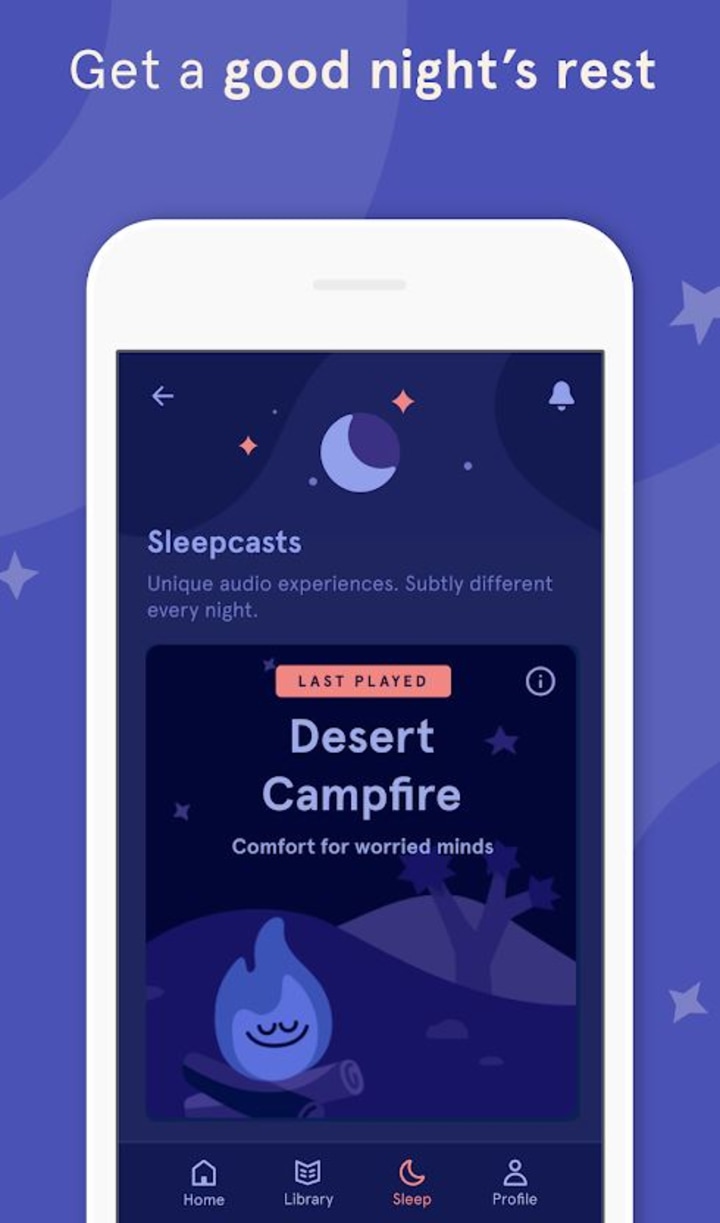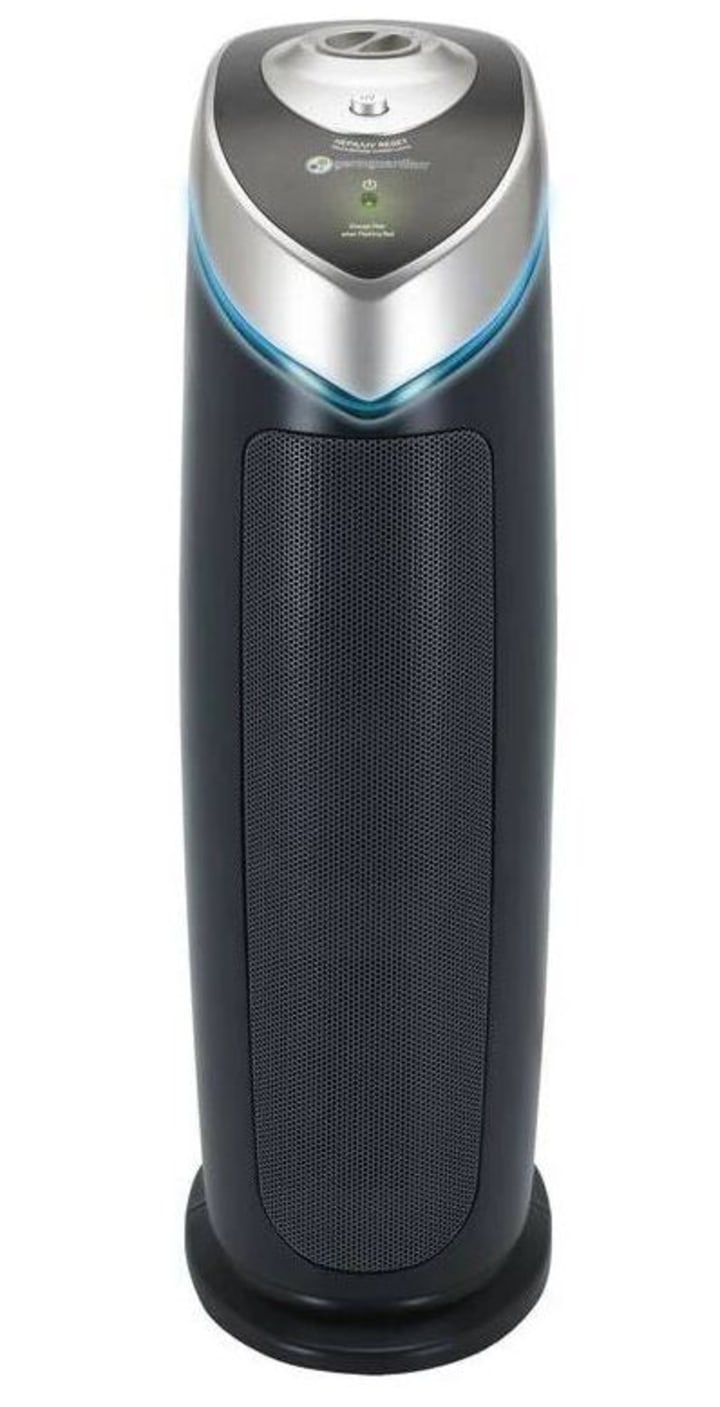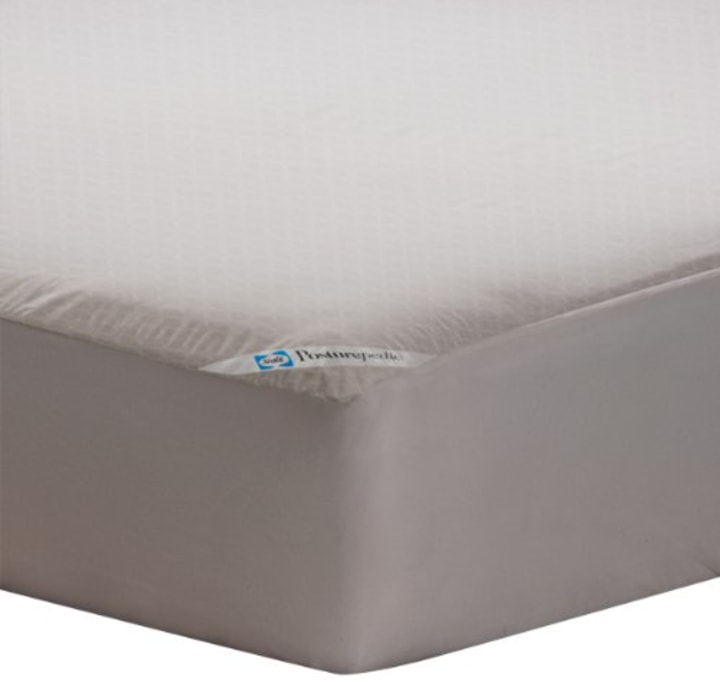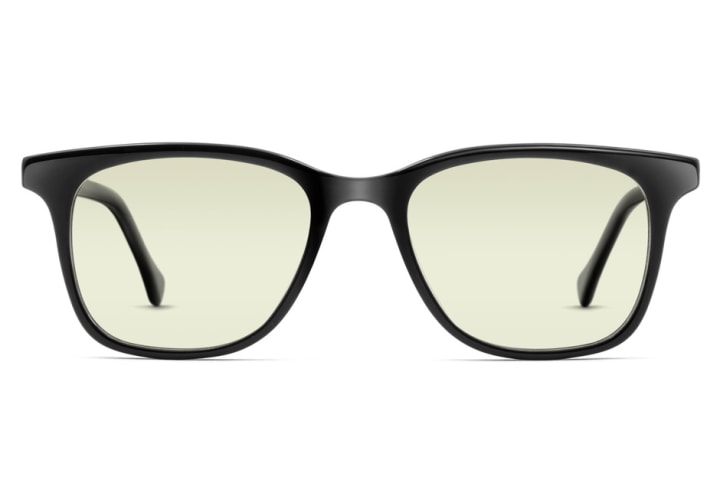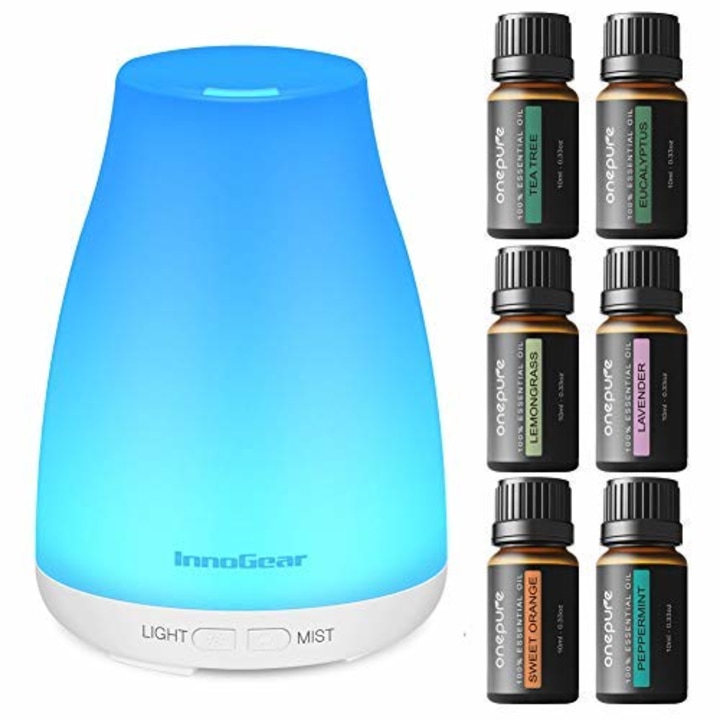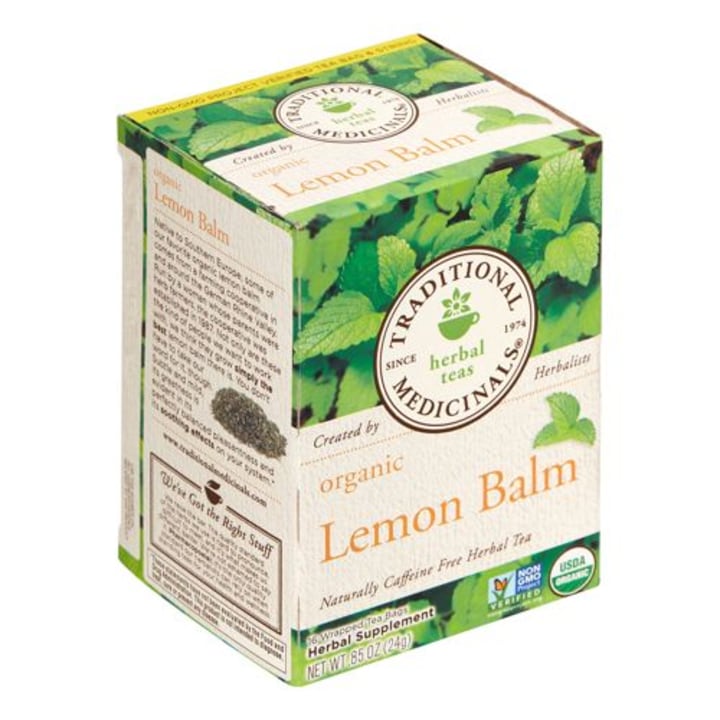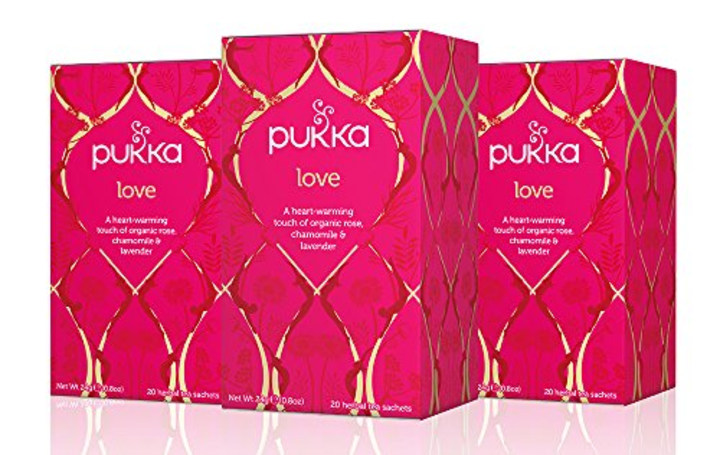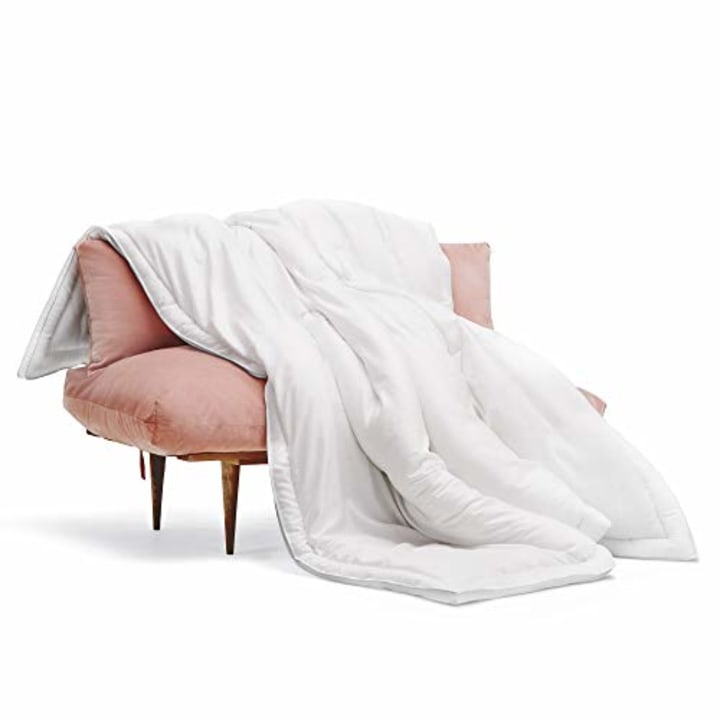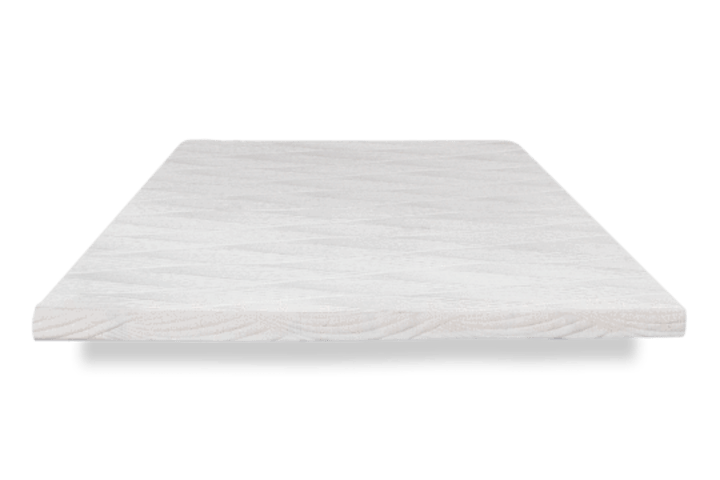NBC News - 5 Ways to Fall Asleep Faster, According to Sleep Doctors
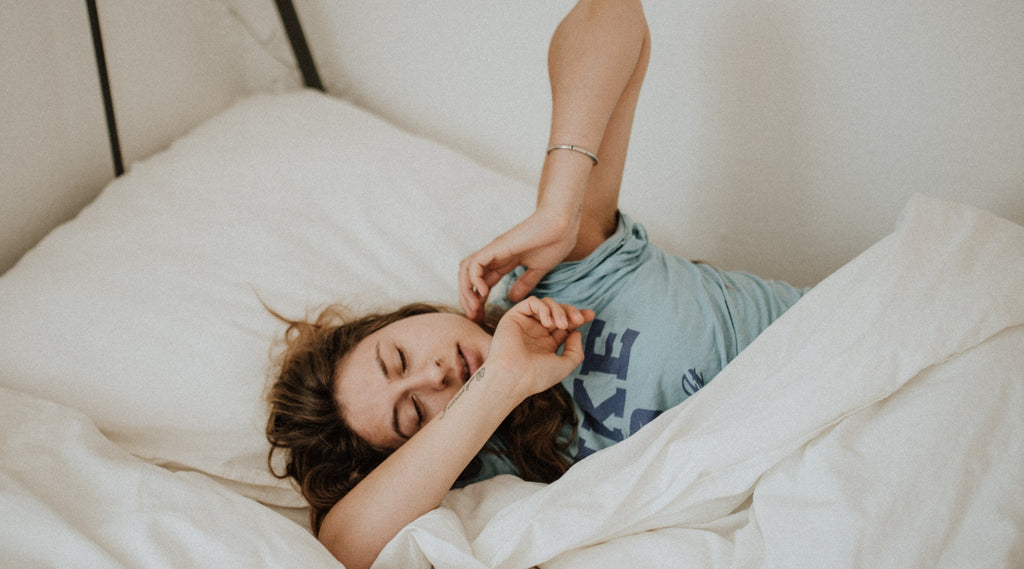
5 ways to fall asleep faster, according to sleep doctors
If you spend the night tossing and turning, these tips and product recommendations can help you get to sleep.
Sometimes it seems like the world is conspiring against your ability to get some sleep. The birds, as lovely as they are, start chirping way too early and the landscapers and car-honkers always seem to follow suit. That construction zone down the street somehow sounds as if it were directly outside your window, that weekday party went way too long, and to top it all off, the government has literally stolen an hour from you via daylight saving.
While many external factors aren’t within your control, you can do a few things to help lull yourself to sleep and, once your there, ensure that your sleep is the kind that will have you feeling energized the next morning. We tapped a handful of experts for advice on how to get more zzz’s — and the products that will help you doze off.
1. CONSIDER MEDITATION (FOR REAL THIS TIME)
You’ve heard this advice ad nauseum, but there’s a reason meditation has been prescribed to treat the human condition since roughly 1500 BCE. “The art of falling asleep is actually not trying so hard,” says Dr. Alex Dimitriu, who’s board-certified in both psychiatry and sleep medicine. “Knowing how to clear your thoughts and focus on breathing will always help. The trick is to practice by day — not when it's mission-critical at 3 a.m.” Meditationcan be as simple as sitting in a quiet space and taking meaningful, deliberate breaths or listening to your favorite music for five minutes.
For some guidance, try an app like Headspace, which walks you through sessions and even has a special category for Sleep Sounds and Meditations.
2. ELIMINATE ALLERGENS FROM YOUR BEDROOM
The accumulation of allergens in your bedroom can contribute to subpar sleep. “Reducing your exposure to allergens — such as dust mites, pollen and pet dander — while you sleep will reduce itchy watery eyes, eczema, nasal congestion, and coughing,” notes Dr. Purvi Parikh, an allergist and immunologist with Allergy & Asthma Network. “The bedroom is most important place to keep allergen free since we spend most time at once there.” To help, keep windows closed during peak-pollen seasons, keep pets off the bed, and wash your bedding, dust and sweep once a week. Also, Dr. Parikh says that any HEPA air purifier will help combat mold and animal dander. Since pollen and dust mites are too small to be filtered, she recommends a dust mite cover that zips around your mattress and box spring.
3. AVOID BLUE LIGHT AROUND BEDTIME
We’re surrounded by blue light via smart phones and light bulbs, and it notably contributes to wakefulness. “Your body needs to know that it's nighttime so it can prepare for sleep. This is why, when you are camping, it's hard to stay awake,” says Dr. Amy Serin, a neuropsychologist, and author of "The Stress Switch." “The brain uses sunlight to know when it's day or night, but unfortunately artificial light can trick your body into thinking it's daytime. It's not just your screens doing it — lamps and overhead lighting trick your brain as well.”
Camping every single night (or resisting the urge to scroll Instagram) isn’t an option for most of us, but blue-light filtering glasses can help.
4. ELIMINATE DRAMA RIGHT BEFORE SLEEP
A spike in cortisol, also known as the stress hormone, can contribute to an inability to fall asleep. For that reason, it’s best to eliminate all sources of stress before going to bed. That includes highly dramatic TV shows and movies (save the Free Solo documentary for the afternoon), stressful text messages or conversations, and racing thoughts. “Because sleep is dependent on nervous system regulation, reducing stress and restoring someone to a state of calmcan promote sleep onset, and can help someone go back to sleep if they wake up prematurely during the night," says Dr. Serin, who invented a neuroscience device, called TouchPoints, that helps stabilize cortisol levels to help you fall asleep more easily. "Anything relaxing can help someone fall asleep like gentle music, aromatherapy and deep breathing, meditation, even journaling and winding down with herbal tea before bed can help."
Dr. Dimitriu adds: "If you can't fall asleep within 20 minutes, get out of bed and do something boring and relaxing. A dim light and a book are ideal.”
5. KEEP COOL — LITERALLY
“Your body naturally wants to cool down as you enter deep sleep, and anything you can do that increases this cooling helps with getting deeper, more restorative sleep,” says Dr. Dimitriu. This can be as simple as taking a warm shower about an hour before bed, which triggers your body to lower its internal temperature. "I’m a minimalist when it comes to devices and special products to improve sleep. Essentially, I try to encourage my patients to keep their sleep routines simple and straight forward," adds Dimitriu. As far as products which can improve sleep — quite simply a comfortable bed (softer for side sleepers), and a good pillow to match can help. While cooling pads and blankets are available, it might just be simplified to using a light enough blanket made of breathable fabric to facilitate good cooling and breathability. Room temperature is essential too, and should be kept on the cooler side, generally below 70 degrees."
If you are interested in testing out cooling bedding, there is an entire range of products out there. For example, the Buffy Cloud Comforteris constructed from highly breathable materials that help regulate temperature while also shield-guarding against allergens and Nest Bedding’s Cooling Mattress Topper cools you while you sleep (while adding extra comfort) via two inches of their SmartFlow Gel Memory Foam.
